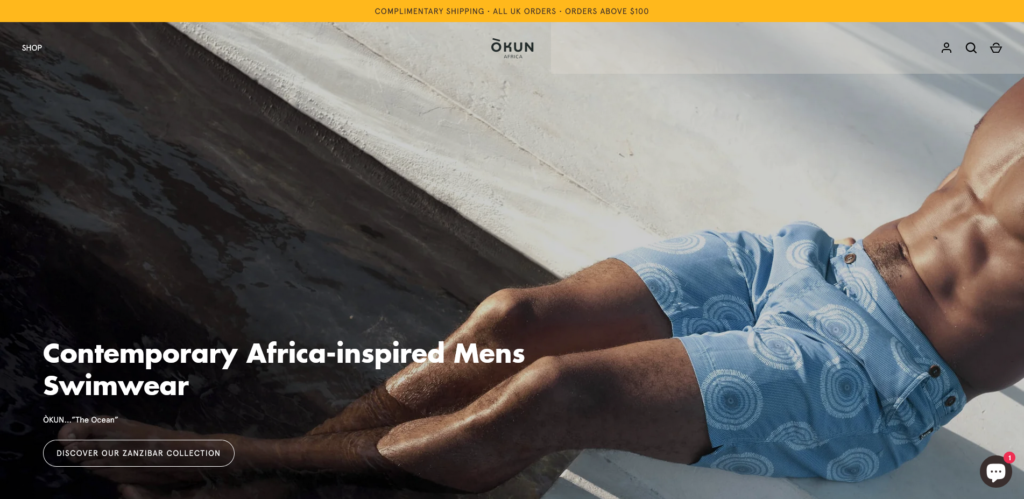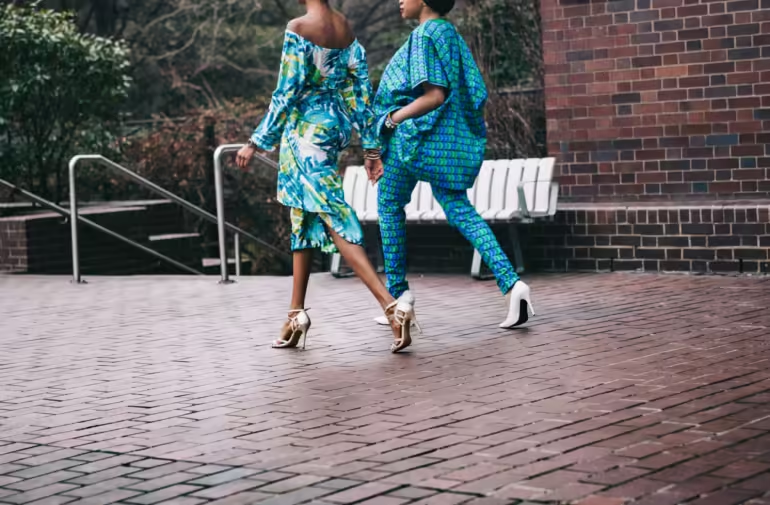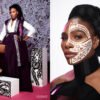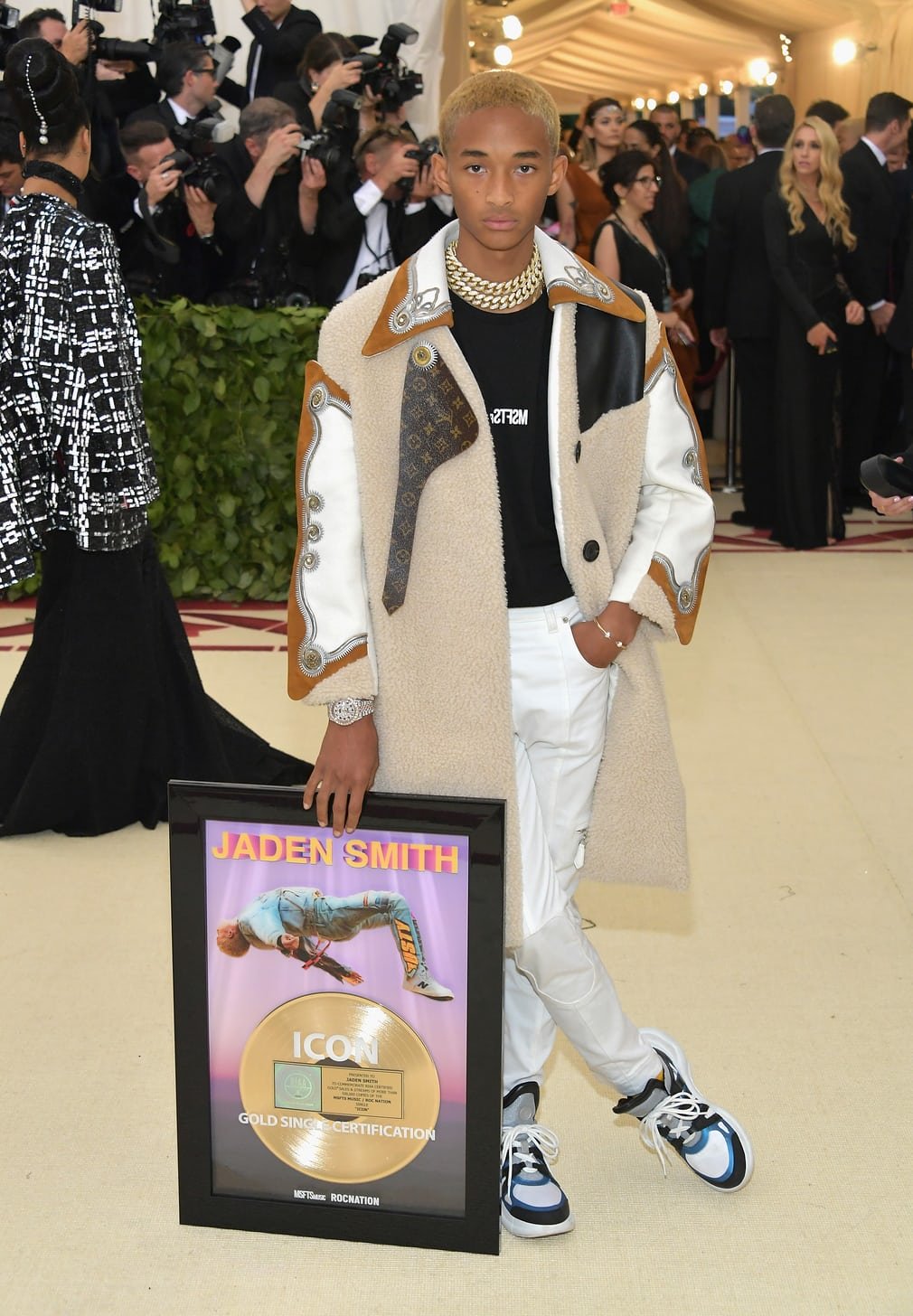The Rise of African Fashion on the Global Stage
In recent years, African fashion has experienced remarkable evolution, positioning itself prominently on the global stage. This rise can be attributed to a combination of factors that highlight the continent’s rich cultural heritage, exceptional craftsmanship, and the infusion of modern trends. African designers increasingly draw inspiration from their roots, employing traditional textiles and motifs to tell powerful stories through their fashion creations. As these brands gain recognition, they showcase a narrative that resonates not only within their own communities but also marries with global audiences.
One significant factor contributing to the prominence of African fashion is the influence of social media. Platforms like Instagram and Pinterest have democratized access to fashion, allowing designers to share their collections widely and engage directly with consumers. This visibility has helped emerging designers build a strong personal brand, while also enabling them to connect with a global clientele eager to support their work. Social media has also paved the way for diverse expressions of fashion, where creativity can flourish without the constraints of conventional marketing.
Moreover, participation in international fashion weeks has provided African brands with invaluable exposure. Events such as Paris Fashion Week and New York Fashion Week have included dedicated segments for African designers, allowing them to showcase their unique perspectives to influential audiences. Collaborations with established global brands have also been pivotal, facilitating knowledge exchange, resource sharing, and market access, thereby propelling African designers into a wider arena.
Cultural storytelling remains a core element in this rising trend. Emerging brands are effectively conveying their nations’ narratives through contemporary designs, using fashion as a medium for cultural celebration. By blending traditional craftsmanship with modern aesthetics, these designers not only honor their heritage but also challenge the global fashion industry to embrace inclusivity and diversity.
Spotlight on Innovative Emerging Brands
The African fashion landscape is currently experiencing a vibrant surge in creativity, driven by a multitude of innovative emerging brands. These brands are not just reflectors of African aesthetics; they embody the continent’s rich cultural narratives, fusing traditional craftsmanship with contemporary design principles. Each label presents a unique story that showcases the rich tapestry of African identity and its potential to captivate global markets.
One notable brand is Ayaband, originated from Nigeria, which focuses on sustainable fashion practices. By utilizing locally-sourced materials and engaging artisans, Ayaband emphasizes the importance of community involvement while also promoting eco-friendly fashion. Their signature pieces often blend bold colors and geometric patterns, inspired by Nigerian heritage, making them stand out in both local and international markets.

Another brand worth mentioning is Okun, a South African label that embodies the essence of modern minimalism infused with cultural significance. Founded by a young visionary, Okun reinterprets traditional garments to create pieces that resonate with both the past and the future. Their innovative use of fabric manipulation techniques results in garments that are not only aesthetically appealing but also profoundly meaningful, often connected to local folklore and history.

Additionally, the Ethiopian brand Habari has gained accolades for its vibrant textiles and commitment to ethical production. Each collection is informed by the diverse ethnic groups of Ethiopia, utilizing traditional weaving techniques that have been passed down through generations. Habari’s dedication to empowerment through fashion is evident, as they provide work opportunities for local artisans and women, promoting economic growth within their communities.
Through their distinctive aesthetics and missions, these emerging fashion brands not only elevate the perception of African fashion but also contribute significantly to an evolving global industry, where diversity, creativity, and innovation are paramount.
Embracing Sustainability and Ethical Practices
In recent years, emerging African fashion brands have made significant strides in integrating sustainability and ethical practices into their operations. As these brands gain prominence on the global stage, their commitment to eco-friendly materials, fair labor practices, and local community involvement has become a hallmark of their identity. By prioritizing sustainability, these designers are not only responding to a growing demand among consumers for responsible fashion but are also setting new benchmarks for creativity and innovation within the industry.
One of the critical aspects of these brands is their utilization of eco-friendly materials. Many emerging designers are turning to sustainable fabrics such as organic cotton, Tencel, and recycled materials, thus minimizing the negative impact of fashion production on the environment. This approach not only fosters a healthier planet but also promotes the idea of circular fashion, where waste is reduced and materials are repurposed. The emphasis on environmentally responsible practices is a proactive measure to combat the adverse effects of fast fashion, which has long plagued the industry.
Moreover, ethical labor practices play a central role in the philosophy of these emerging brands. Many prioritize fair wages and safe working conditions, ensuring that artisans and workers are adequately compensated for their skills. This not only fosters a sense of community but also encourages local craftsmanship, preserving traditional methods that might otherwise be lost in the face of globalization. By engaging with local artisans, these brands create opportunities for economic empowerment and contribute to the sustainable development of their communities.
While the commitment to sustainability and ethical practices presents certain challenges, such as higher production costs and the need for consumer education, it also offers opportunities for differentiation in a saturated market. As consumers increasingly seek brands aligned with their values, these emerging African fashion labels are well-positioned to foster authentic connections with a conscious audience, ultimately solidifying their place in the competitive fashion landscape.
The Future of African Fashion: Trends and Predictions
The future of African fashion is poised for significant transformation, driven by a confluence of trends and emerging opportunities. As the global fashion landscape evolves, African fashion brands are increasingly positioned to capture the attention of international markets. One key factor influencing this shift is the anticipated global influences, such as sustainability, inclusivity, and cultural representation, all of which resonate with the core values of numerous African designers.
Moreover, market expansions are on the horizon as African fashion gains recognition beyond traditional boundaries. Emerging African brands are leveraging new platforms and innovative strategies to reach diverse audiences, resulting in a burgeoning demand for authentic and original designs that reflect local narratives. The growing interest from international buyers and retailers in African craftsmanship provides avenues for wider distribution and accessibility, signaling a promising future for these brands.
Technology, particularly the rise of e-commerce and digital marketing, plays a pivotal role in this evolution. By harnessing online sales channels and digital advertising, African fashion labels can reach global consumers more effectively than ever. Social media platforms have become vital tools for building brand presence and customer engagement, enabling designers to showcase their unique aesthetics and narratives quickly and effectively, thus fostering a sense of connection with diverse demographics.
Collaborations between established global brands and emerging African designers also promise to expand horizons, fostering innovation and cross-cultural exchange. Furthermore, the vital role of fashion institutions in nurturing talent cannot be overstated; they equip aspiring designers with essential skills, thereby reinforcing the foundation of the industry.
In conclusion, as the trajectory of African fashion continues to rise, emerging brands are encouraged to embrace global influences while remaining rooted in their cultural heritage. By doing so, they can strengthen their position within the worldwide market, ultimately contributing to a more diverse and enriched fashion ecosystem. The synergy of creativity, technology, and strategic collaboration heralds a dynamic future for African fashion.




